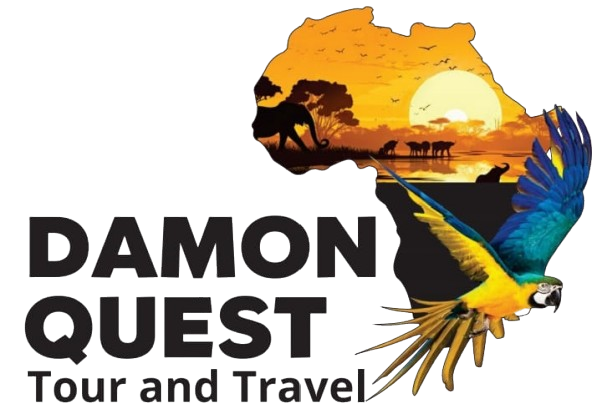Kenya is one of Africa’s most exciting destinations, offering a diverse mix of wildlife, landscapes, and culture. Whether you’re coming for a classic safari, a coastal escape, or a cultural experience, a bit of preparation goes a long way. Here’s what you need to know before you go.
You will need an Electronic Travel Authorization (ETA) to enter Kenya. This must be applied for online at least 72 hours before your flight. You’ll need a valid passport with at least six months before expiration, a passport photo, and your travel details such as return ticket and accommodation confirmation. The application is done via www.etakenya.go.ke.
Health-wise, it’s recommended that you get vaccinated for Yellow Fever, especially if you’re coming from or transiting through an endemic country. Malaria prevention is also advisable if you’re visiting the coast or western Kenya. Pack insect repellent and bring any personal medication, and consider getting travel insurance that covers medical evacuation.
The Kenyan currency is the Kenyan Shilling (KES). Credit and debit cards are accepted in hotels, larger restaurants, and shops, but you should also carry some cash for small purchases. Mobile money platforms, especially M-Pesa, are widely used. You can send money from abroad to a local M-Pesa account using services like WorldRemit or Wave if needed.
Kenya’s weather varies by region. The coast is warm and humid year-round. The central highlands, including Nairobi, are cooler, especially in the evenings. The best time to visit is during the dry seasons between June and October, and again from December to February, which offer excellent conditions for safaris and outdoor travel.
Pack lightweight, breathable clothing for daytime and a sweater or jacket for cooler mornings and evenings. Neutral-colored clothes are ideal for game drives, and you’ll want comfortable walking shoes, sunscreen, and a wide-brimmed hat. If visiting during the rainy season, a light rain jacket is useful.
Both English and Swahili are widely spoken. In major towns and tourist areas, you’ll have no trouble communicating in English. A few words of Swahili can help create rapport with locals. Greeting with “Jambo” and thanking someone with “Asante” is always appreciated.
When it comes to etiquette, Kenyans are generally warm and polite. Greet people before asking questions, dress modestly in rural or religious areas, and always ask permission before photographing individuals. Tipping is customary and expected in hotels, restaurants, and from guides and drivers.
Moving around is easy if planned well. Domestic flights are available to most safari and coastal destinations. Ride-hailing apps like Uber and Bolt operate in Nairobi and Mombasa. You can also hire a private driver or join a tour operator for organized transport and activities. Avoid driving at night and always use trusted services.
Kenya is safe for tourists in most areas, but like any travel destination, common sense applies. Keep valuables secure, avoid isolated areas after dark, and follow local news or government advisories. Tour companies like Damon Quest Tours ensure safe and reliable transfers, accommodations, and activities throughout your trip.
A trip to Kenya offers more than wildlife. You can explore the bustling city life in Nairobi, enjoy coastal history and cuisine in Mombasa, or take a cultural tour to a Maasai village. Whether you’re trekking in the Aberdares, boating on Lake Naivasha, or relaxing in Diani, Kenya is full of rich and varied experiences.
Planning a trip to Kenya doesn’t have to be overwhelming. With the right guidance, you’ll enjoy smooth travel, unforgettable moments, and a deeper connection with this remarkable country. Damon Quest Tours offers customized itineraries and on-the-ground support, ensuring you make the most of every day in Kenya.
To begin your journey, visit www.damonquest-tours.com or contact us at [email protected] or via WhatsApp on +254 718 780 619.
